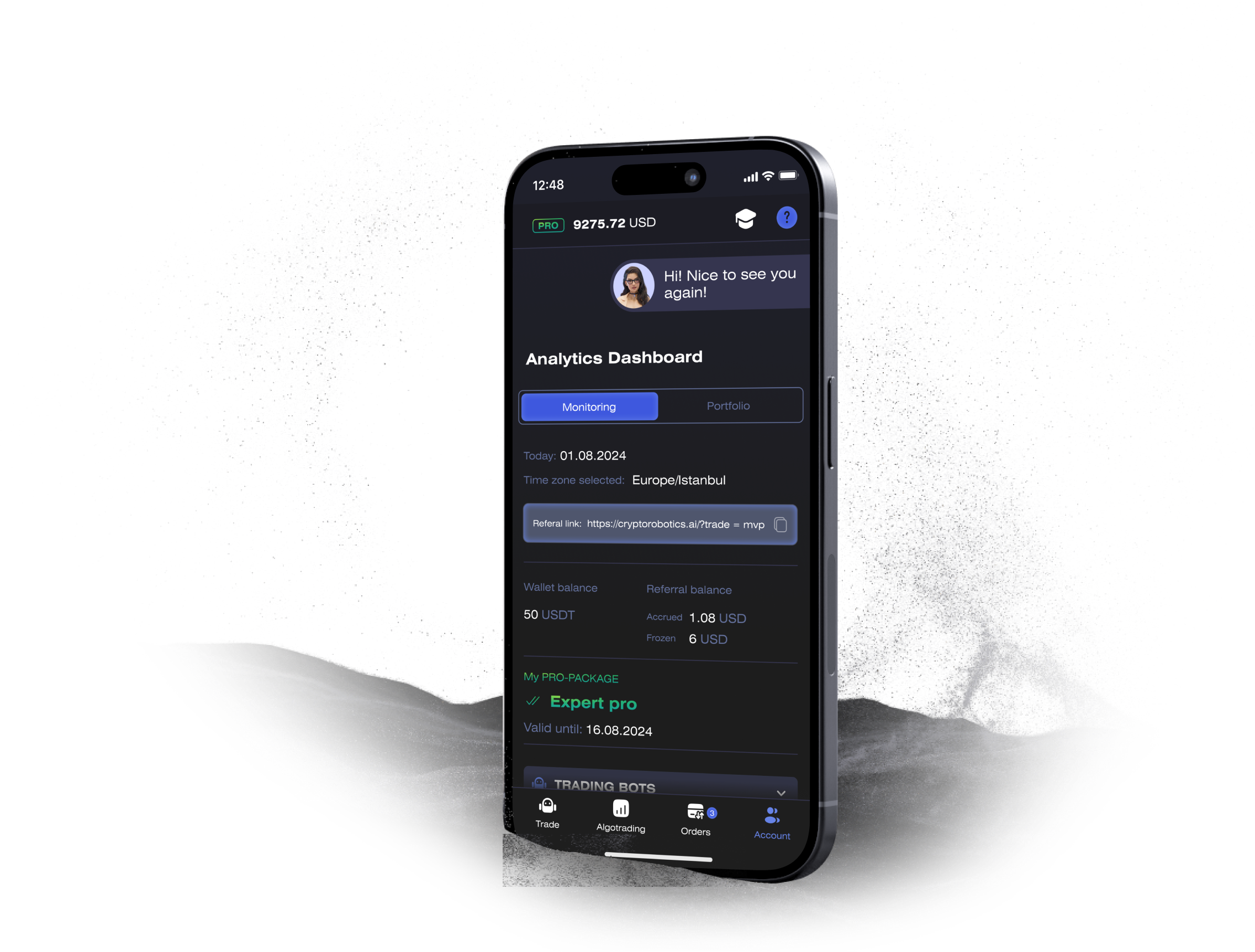Published: December 16, 2024 at 9:14 pm
Updated on December 16, 2024 at 9:14 pm


Hedera and Chainlink are teaming up, and it could change everything for DeFi and tokenization. By integrating Chainlink’s Data Feeds and Proof of Reserve systems into the Hedera network, developers are given access to a decentralized and transparent data source. This collaboration aims to improve security, data reliability, and liquidity in DeFi markets.
This partnership is a strategic move toward decentralized oracle solutions that can enhance both DeFi and the tokenization of real-world assets. By bringing Chainlink’s Data Feeds and Proof of Reserve into the Hedera ecosystem, developers are provided a reliable data system.
Centralized oracles depend on a single entity for data, which goes against the trustless nature of DeFi. A single source means a single point of failure and a reliance on trust, which is not what DeFi aims for.
Manipulation or compromise are real risks with centralized oracles. A single entity could skew data either out of self-interest or due to errors, jeopardizing the integrity of DeFi protocols. There are plenty of examples to support this.
Decentralized oracles fit the principles of DeFi by collecting data from multiple sources. They reduce the risk of manipulation and ensure no one entity controls the data feed. In contrast, centralized oracles expose the system to censorship.
Sure, centralized oracles can deliver data more quickly, but at what cost? The trade-off between efficiency and trust is a big one. Bringing trusted parties into a trustless system complicates the principles of decentralization.
Chainlink’s Proof of Reserve and TRES Proof of Funds can monitor reserves in real time. This offers continuous transparency and a layer of safety against manipulation.
Automated systems are fast and accurate, but they might miss the nuances that a human could catch. Complex situations or unexpected market conditions might demand human judgment.
Having real-time systems can reduce the chances of fraud and improve financial stability. But let’s face it, a human touch is still necessary for proper risk assessment.
Real-time systems can help with regulatory compliance and build user trust thanks to their transparency. Still, regulatory bodies may demand the oversight of these systems.
Automated systems often rely on smart contracts, which, even if audited, can have risks. There’s always the potential for undiscovered vulnerabilities or rushed code that wasn’t reviewed properly.
Issues like network congestion and RPC availability can delay crucial transactions, potentially messing up reserve verifications.
Automated systems need oracle data, which can be hacked or tampered with. If a data source is compromised, it could lead to unexpected financial losses.
Relying on too few data sources can create a single point of failure. If the oracle has issues, it might compromise verification processes.
The governance processes of DeFi protocols impact data sources and upgrades. Weak governance can lead to bias or compromised sources.
Market changes can happen fast, and automated systems may struggle to keep pace. This includes oracle or protocol-level issues that arise during significant market movements.
DeFi services may not always comply with AML and CFT obligations, leading to regulatory risks.
Automated systems may depend on outside services for data. If those services fail, the reliability of the verification process can be impacted.
The Hedera-Chainlink collaboration is significant for its combination of decentralization, security, and scalability. It takes the best of both networks to create a competitive and reliable ecosystem. This partnership marks a significant step in strengthening DeFi and real-world asset tokenization.
Access the full functionality of CryptoRobotics by downloading the trading app. This app allows you to manage and adjust your best directly from your smartphone or tablet.

News
See more



Blog
See more